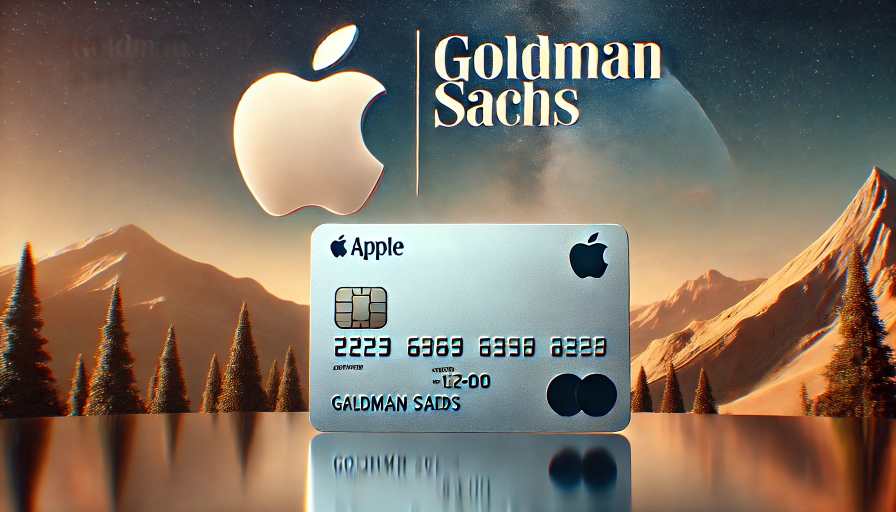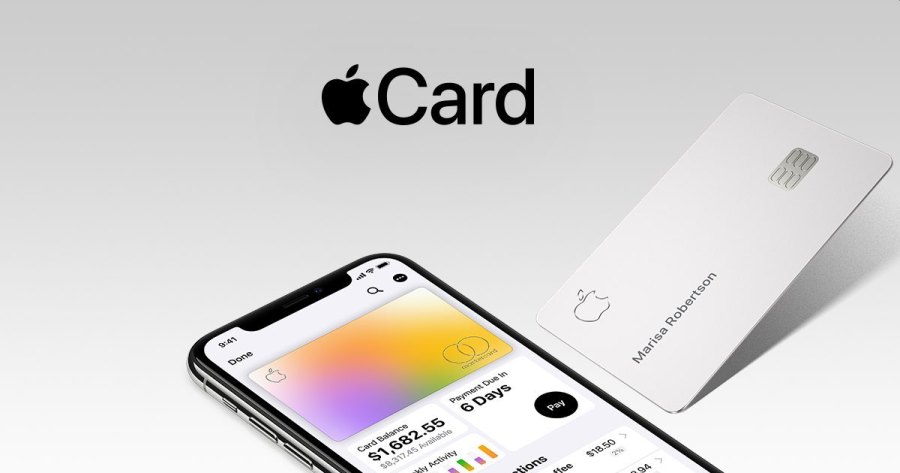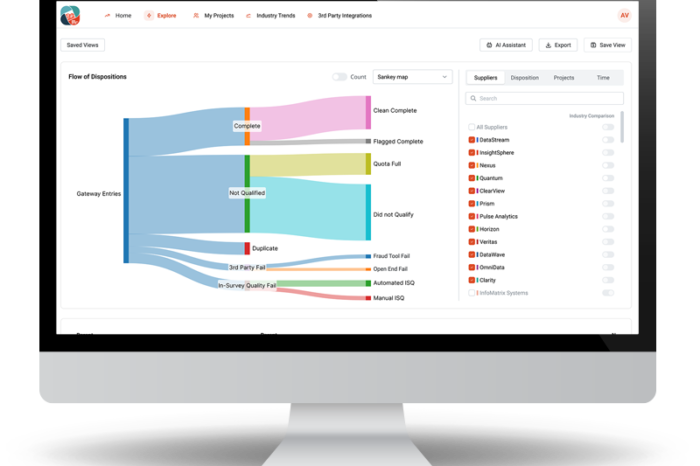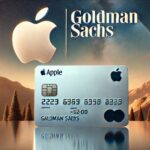Apple and Goldman Sachs fined over $89 million for misleading Apple Card customers; agree to pay the fine

Goldman Sachs and Apple have agreed to pay $89 million in fines and refunds after violating consumer protection laws through their joint Apple Card business.
The U.S. Consumer Financial Protection Bureau (CFPB) announced the settlement on Wednesday, citing the impact on hundreds of thousands of customers and temporarily barring Goldman from issuing new credit cards. The violations are tied to issues with transaction disputes and misleading information about interest-free financing.
The CFPB ordered Apple to pay $25 million and Goldman to pay $45 million in fines. Additionally, Goldman must provide at least $19.8 million in refunds and discounts to affected customers. Goldman Sachs expressed satisfaction with the resolution in a statement, saying,
“We worked diligently to address certain technological and operational challenges that we experienced after launch and have already handled them with impacted customers.”
Meanwhile, according to a report from Reuters, Apple stated that it “strongly” disagreed with the consumer protection agency’s portrayal of its actions, though it had reached a settlement. “Upon learning about these inadvertent issues years ago, Apple worked closely with Goldman Sachs to quickly address them and help impacted customers,” a spokesperson said.
This ruling comes a year after Apple ended its partnership with Goldman Sachs, marking a significant setback for Goldman’s push into consumer lending, just four years after the Apple Card’s launch.
Initially, the Apple Card was introduced to help finance Apple purchases, but the partnership faced numerous issues. According to the CFPB, the companies mishandled transaction disputes and misled Apple Card users, particularly regarding interest-free financing for iPhone purchases. Many cardholders were unknowingly charged interest because they were not automatically enrolled in these plans.
The CFPB found that Apple failed to send tens of thousands of transaction disputes to Goldman, which in turn violated several federal regulations for handling these complaints.
In addition to misleading customers about financing, the CFPB also barred Goldman from issuing new credit cards until it can present a credible plan to ensure compliance with the law.
In response, Apple stated it disagreed with the CFPB’s findings, noting that the issues were identified years ago and resolved in cooperation with Goldman. Goldman also said it had addressed the challenges surrounding the Apple Card and claimed that the problems were already resolved.
The fines come as Goldman Sachs contemplates exiting the consumer lending space altogether. The bank is considering selling parts of its consumer business, including the Marcus personal loans division, which has struggled financially.
This settlement highlights the growing competition between traditional banks and technology companies in the financial services industry. As tech giants like Apple and Amazon continue to expand into areas traditionally dominated by banks, they pose a growing threat to the financial sector. Apple’s foray into credit cards, savings accounts, and other financial services is part of a broader trend of tech firms leveraging their large customer bases and brand power to disrupt banking.
The difficulties Goldman faced with its Apple Card partnership underline the challenges traditional banks face when competing with tech companies in the rapidly evolving financial services landscape.

Apple Card




